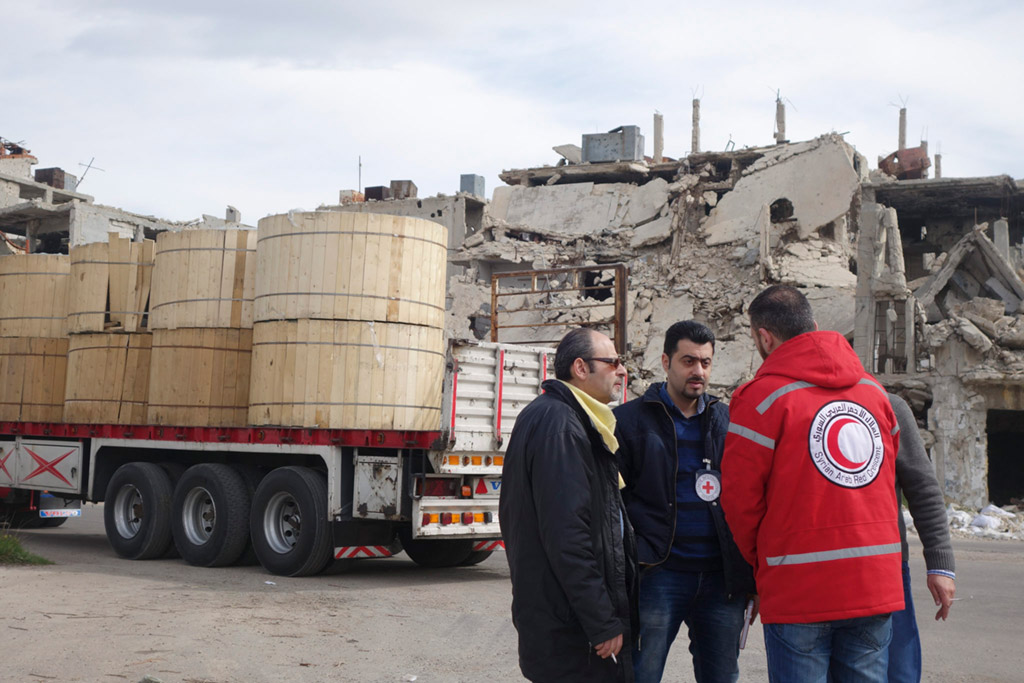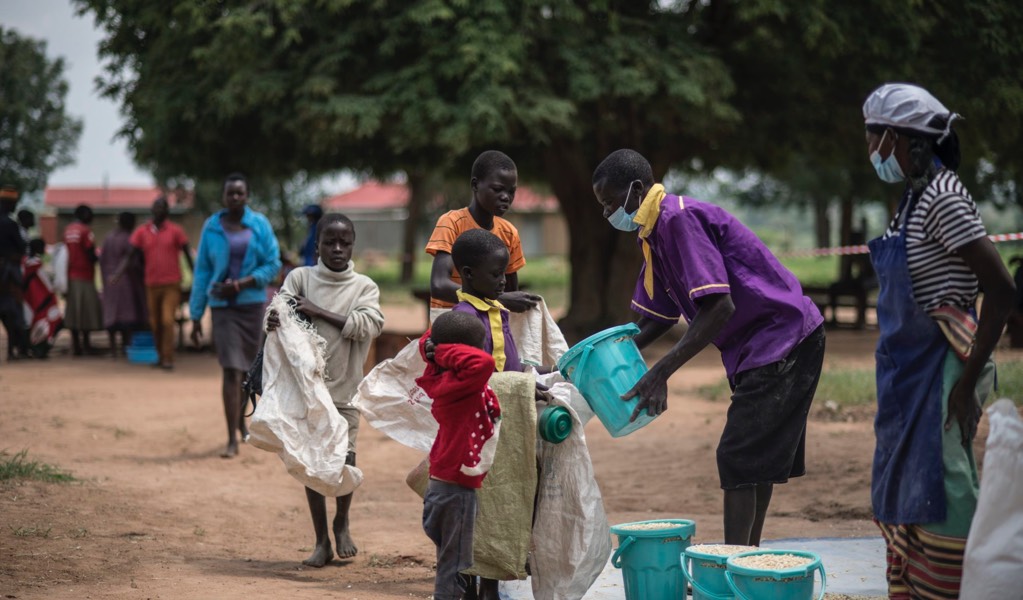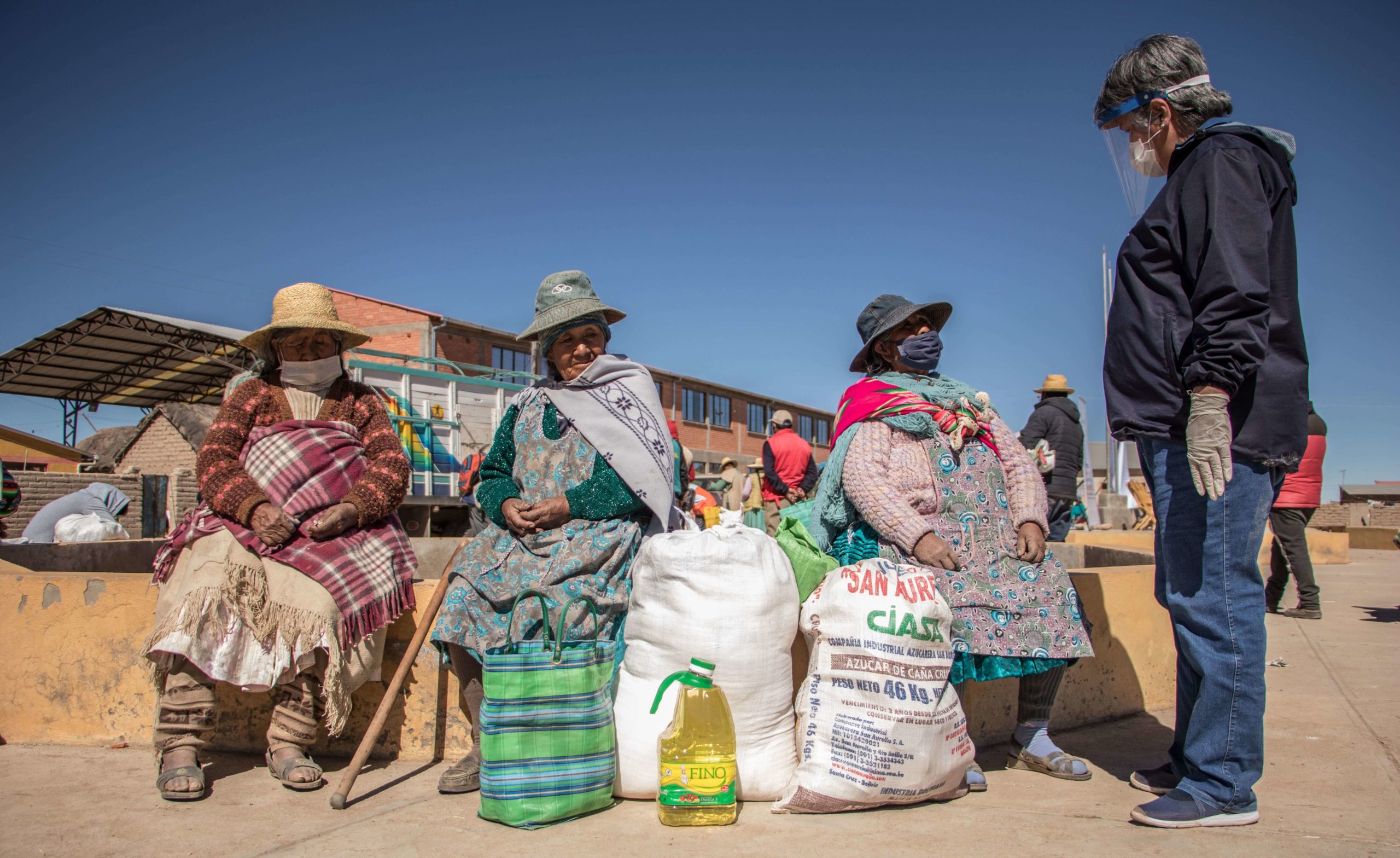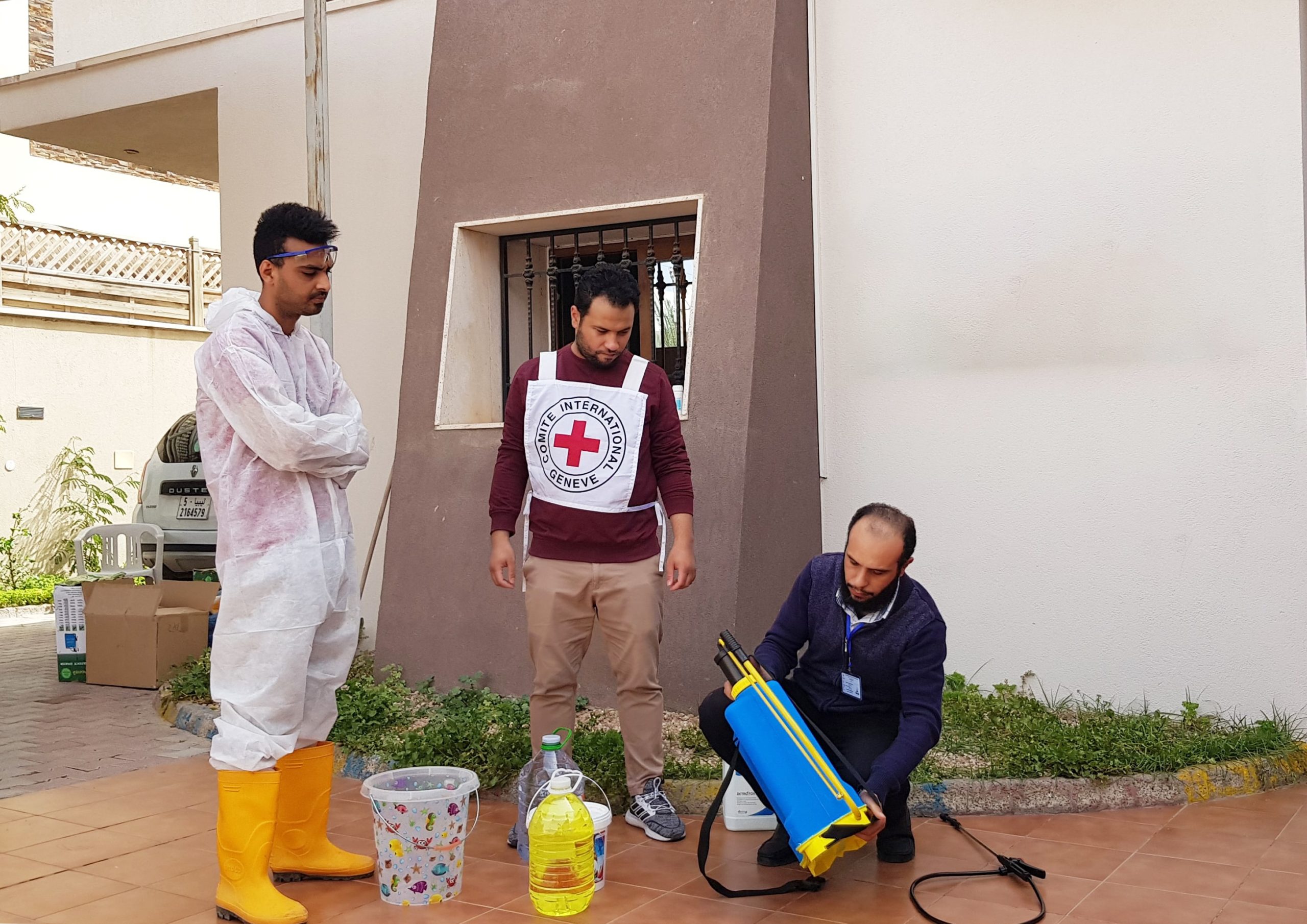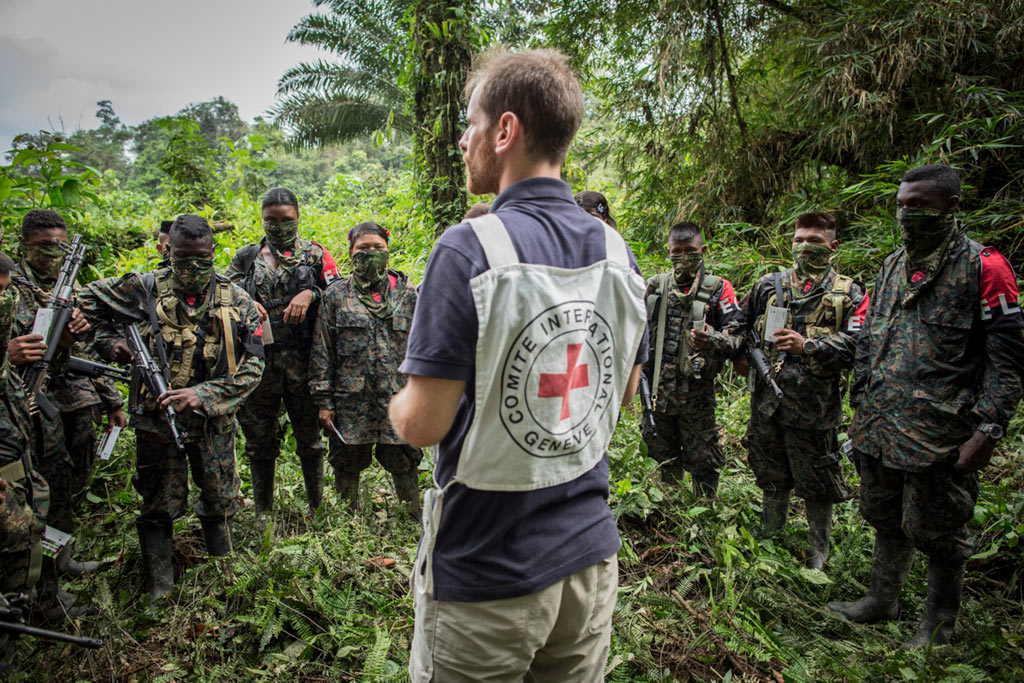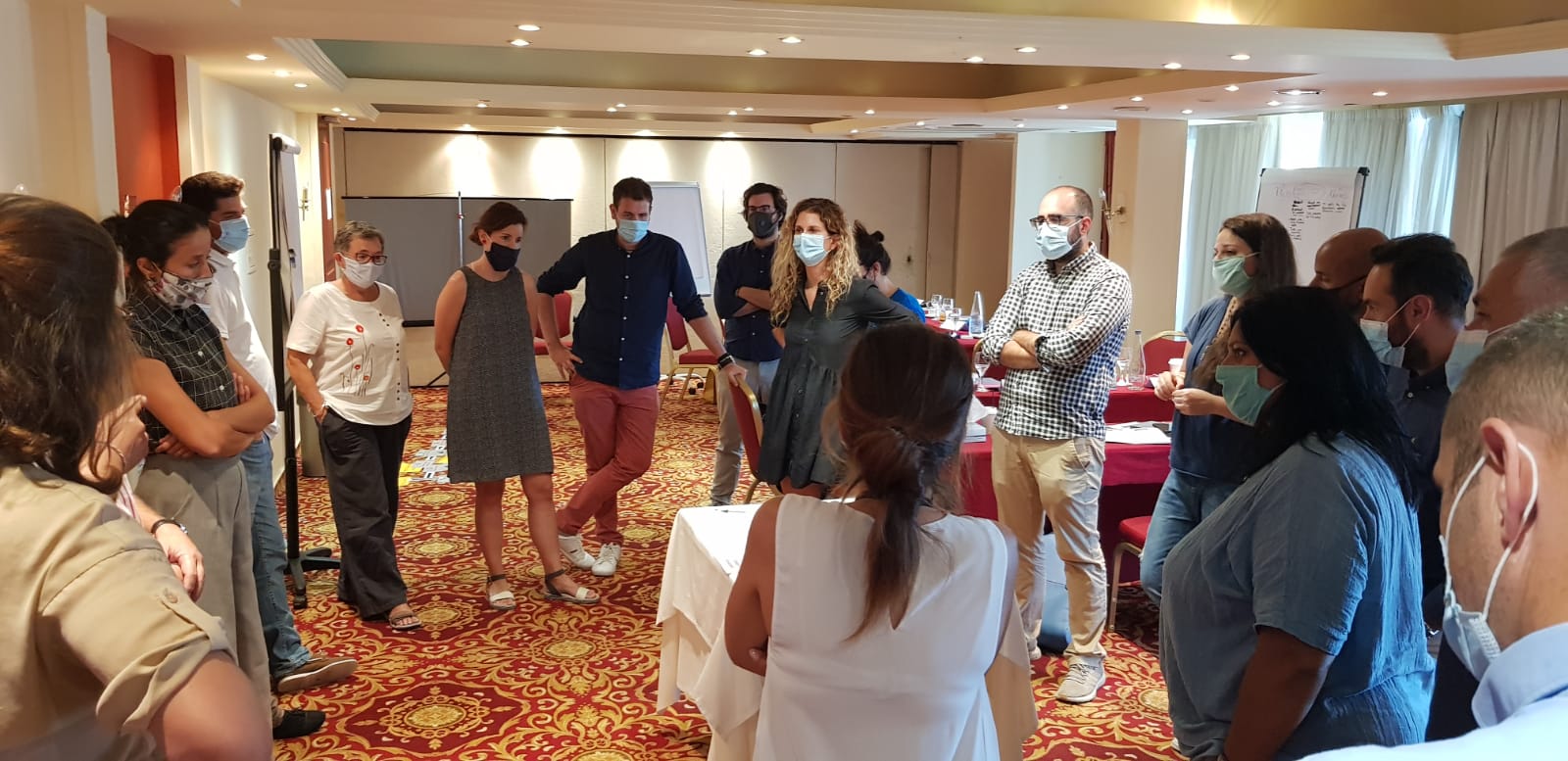
The Centre of Competence on Humanitarian Negotiation (CCHN) started its workstream on forced migration in Europe in September 2020. We have made it a top priority to help humanitarians working with refugees and migrants in Greece to develop their negotiation skills. In September 2020, we held our first peer workshop in Europe – and the first during the COVID 19 pandemic – in Athens.

